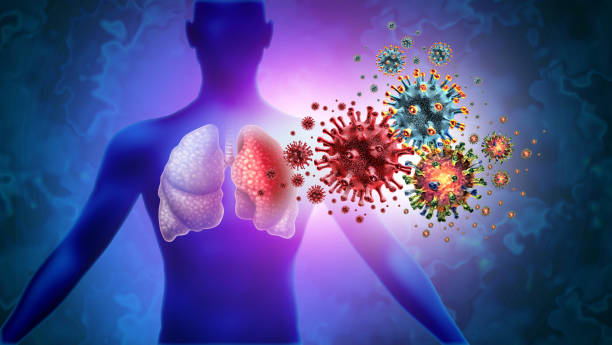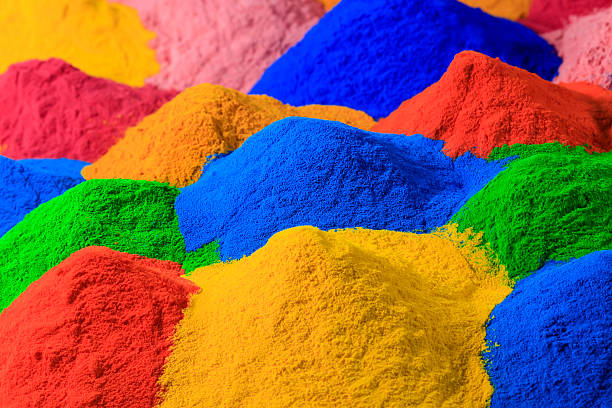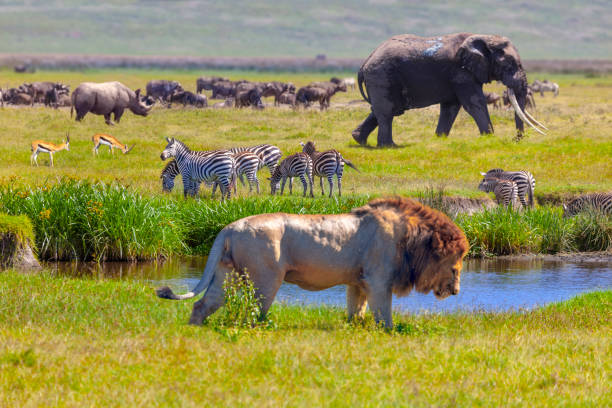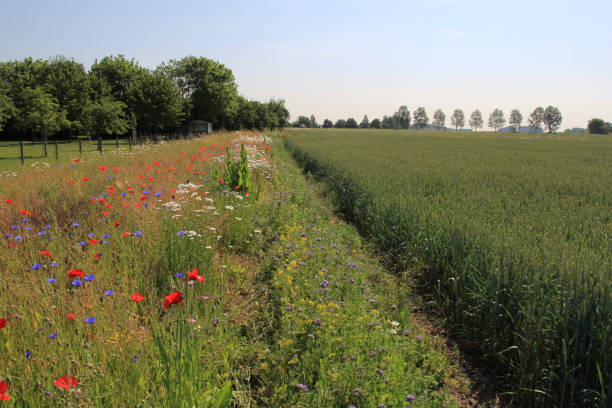Viruses. What are Viruses ?
What are Viruses ? Viruses are tiny infectious agents that replicate inside living cells of organisms and can cause a variety of diseases. Introduction to Viruses – Definition and basic characteristics – Historical background and discovery – Comparison with other microorganisms (e.g., bacteria, fungi) Structure of Viruses – Viral components – Nucleic acid (DNA or … Read more



